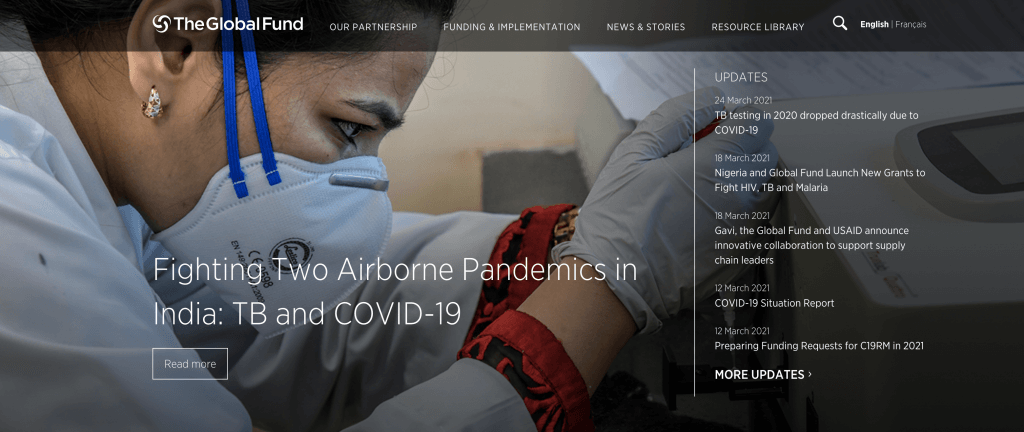Malaria’s growing financial dilemma

Recent global events have created unprecedented economic challenges impacting the fight against malaria in ways that could not have been anticipated, leaving the fate of future efforts in question. As part of their ongoing Webinar Series to educate the global community on malaria eradication efforts, the Rotarian Malaria Partners (RMP) hosted ‘Malaria’s growing financial dilemma’, a highly anticipated virtual talk about the changes needed in the global funding structure, and daunting challenges on the horizon.

Speakers included Dr. Kenneth Staley, Global Malaria Coordinator for the U.S. President’s Malaria Initiative (PMI), Peter Sands, Executive Director of The Global Fund to Fight AIDS, Tuberculosis, and Malaria, and Dr. Keziah Malm, Director of the National Malaria Control Program in Ghana (NMCP).
All three panellists recognised that we are currently at a critical juncture in the global fight against malaria. The emergence and propagation of COVID-19 worldwide has placed severe strains on the implementation of malaria eradication programmes, raising the prospect of reversing years of gains in the battle against the disease. In the past few months, malaria program resources have in cases been diverted to fight the onslaught of COVID-19. Health systems which administered malaria preventative treatments, provided diagnostic services and case management have been disrupted, and vector control campaigns such as indoor residual spraying have been halted or slowed down by lockdown measures.
The economic impact of COVID-19 is pervasive across health programmes, and maintaining the focus of critical resources on the fight against malaria is becoming increasingly challenging: financial uncertainty is looming for programmes worldwide committed to combating this devastating mosquito-borne disease. This is especially true for so called ‘high-burden’ countries, in which domestic financing for malaria programmes has also come under pressure due to the sudden and dramatic economic impacts of the COVID-19 pandemic.
The global malaria community has been exceptional in finding ways to adapt vector control programmes and case management campaigns so that delivery can be maintained. More robust efforts are needed however to ensure we don’t create an environment which allows the significant gains made in malaria control to be reversed. Control efforts are already challenged with increasing vector resistance to insecticides, and parasite resistance to anti-malaria drugs; any diversion from existing control or R&D programs could strike a hard blow with significant down-stream impacts. According to Dr. Staley, redoubling our efforts in the fight against malaria and investing in the creation of stronger and more resilient partnerships both at the global and local level is imperative. Likewise, Dr. Malm emphasized the need for greater partnerships to ‘sustain the gains that have been made.’
Organisations such as The Global Fund are already stepping up efforts to ensure that achievements made thus far are not reversed: in the three year grant cycle starting in January 2021, The Global Fund, in partnerships with PMI, RMP and other large funders will be increasing malaria grants by 23%.
The global focus on the COVID-19 pandemic will have provided the opportunity for recent gains in malaria control to be lost as health systems adapt and re-prioritize resources, but it has also shed light on unexploited opportunities: concerted efforts at the community and global level will be more valuable than ever in the fight against malaria. Let us build on lessons learnt and come together in the pursuit of a common vision of a malaria-free world.
